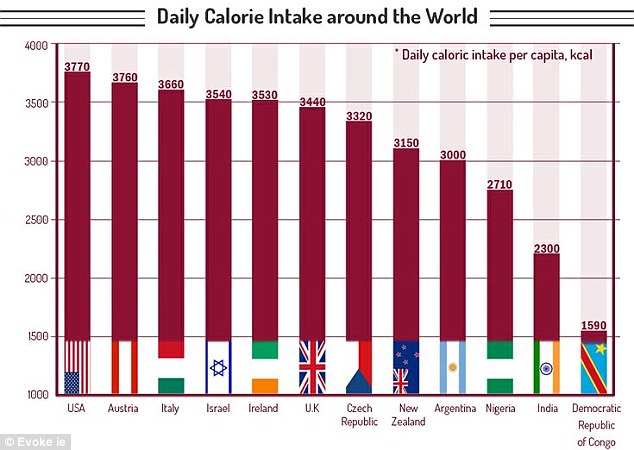
Running and swimming are both excellent ways to burn calories and keep fit, but running tends to be more enjoyable. Swimming is a good alternative to running. There are less strains on the joints and tendon. Both sports are good for mental well-being. Swimming and running are great cardio workouts. Read on to discover more about the benefits of cross-training.
Swimming burns more calories than running
Swimming is more effective than running and is therefore less strenuous. Both sports consume the same amount. Running requires intensity and a fast pace. Swimming requires skill and conditioning. Swimming poorly can give the illusion that you are putting in a lot, when in fact you are probably wasting energy. Swimming can burn more calories than other forms of exercise, despite its lower intensity.

Your level of physical fitness will affect whether swimming burns more calories per hour than running. Swimming is more gentle on the joints than running. Running will increase your fitness and help you burn more calories. Swimming, however, can help to lose weight. In just a few months, you will see dramatic results if you swim at least 3 hours per week. How do you pick the type of exercise that is best?
Cross-training can be a great way for both sports to benefit from each other.
Cross-training can have many benefits for athletes. Cross-training helps prevent injuries by adding an additional activity to your workouts before you start strength training. You can take a spin class or hire a high-end bicycle for your commute, or you could go for an hour hiking during your lunch break. Cross-training can be a great way to maximize swimming and running.
Cross-training can be a great way to improve your results without causing injury. Cross-training can be combined with running to create a run that is similar, but without repetitive motion injuries. For a more intense workout, try swimming. To maximize your results and prevent injury, you can do both. You can take your cross training routine to a gym in order to increase the intensity and speed of your swimming workout.
It promotes mental health.
Nearly seventy percent of those who responded to a survey about the effects of swimming on their mental health stated that they have experienced a sense of calm, relief from stress, and mental clarity. Scientists are beginning to study the effects of swimming on mental health, as it is such a great exercise method. Some researchers are even investigating whether swimming could be used as a therapy for depression and anxiety. This is definitely an area that needs further research.

Research has shown that swimming can be a great way to reduce the symptoms of depression and anxiety. The body produces endorphins which increase happiness and optimism. Not only does swimming help with mood, but it also helps strengthen social and professional skills. Swimming can repair damaged brain cells, restore normal levels of stress hormones, and even help to repair damaged brain cells. Swimming has been proven to be a treatment for depression.
FAQ
How often do people fast regularly?
People who are on a ketogenic diet only fast once a week. Others fast twice per semaine. Some others fast three days per week.
There are many lengths to fasting. Some people fast 24 hours, while others fast 48 hours.
Some people may even stay awake for 72 hours. However, these extreme cases are rare.
Does intermittent fasting affect my sleep?
Yes, intermittent fasting can have an impact on your sleep. You may notice an increase in hunger hormones if you skip meals. You might find yourself awakened at night due to your hunger hormones.
Experts advise skipping breakfast. Experts recommend having a light snack before going to bed.
If you're still hungry after this snack you can have a small meal right before going to sleep.
However, you should not overeat. You will end up gaining weight rather than losing it.
Is there any difference between intermittent fasting and calorie restriction?
Calorie restriction refers to eating less than what your body requires. Intermittent Fasting is different in that it doesn't restrict calories. Rather, it focuses on eating fewer calories throughout the day.
Intermittent Fasting is more efficient because you can enjoy the foods you love without feeling guilty.
Both methods have their merits and weaknesses. You will need to decide which method is best for you.
Statistics
- A 12-week study in 20 women with obesity found that walking for 50–70 minutes 3 times per week reduced body fat and waist circumference by an average of 1.5% and 1.1 inches (2.8 cm), respectively (healthline.com)
- It's estimated that half of all American adults attempt to lose weight every year (1Trusted (healthline.com)
- According to Harvard Health, it's estimated that a 155-pound (70-kg) person burns roughly 112 calories per 30 minutes of weight training (5). (healthline.com)
- Among women, the increase in metabolic rate was nearly 4%, or 50 more calories per day (14Trusted Source (healthline.com)
External Links
How To
How to exercise to lose weight
One of the best ways you can lose weight is to exercise. Many people do not know how they should exercise. Cardio exercises like running, cycling and swimming should be combined with strength training exercises like pulling ups, pushups and squats. Combining both of these exercises will help you lose weight the most. Begin exercising by finding friends to help you. You have two options: you can join a gym or just walk around your neighborhood. Whatever type of activity you choose, make sure that you stick with it consistently. It's easy for things to go wrong when you start exercising. Keep going.